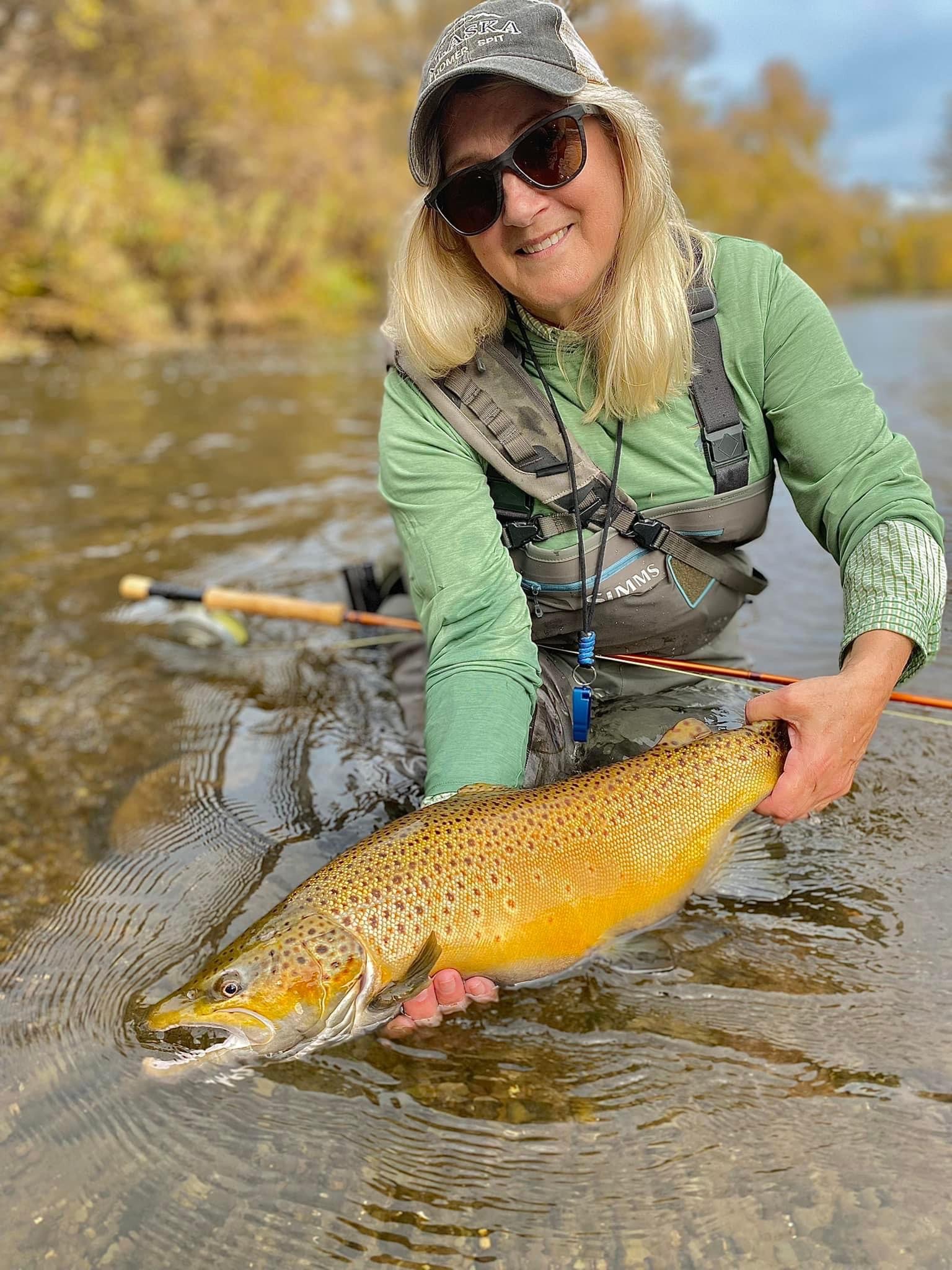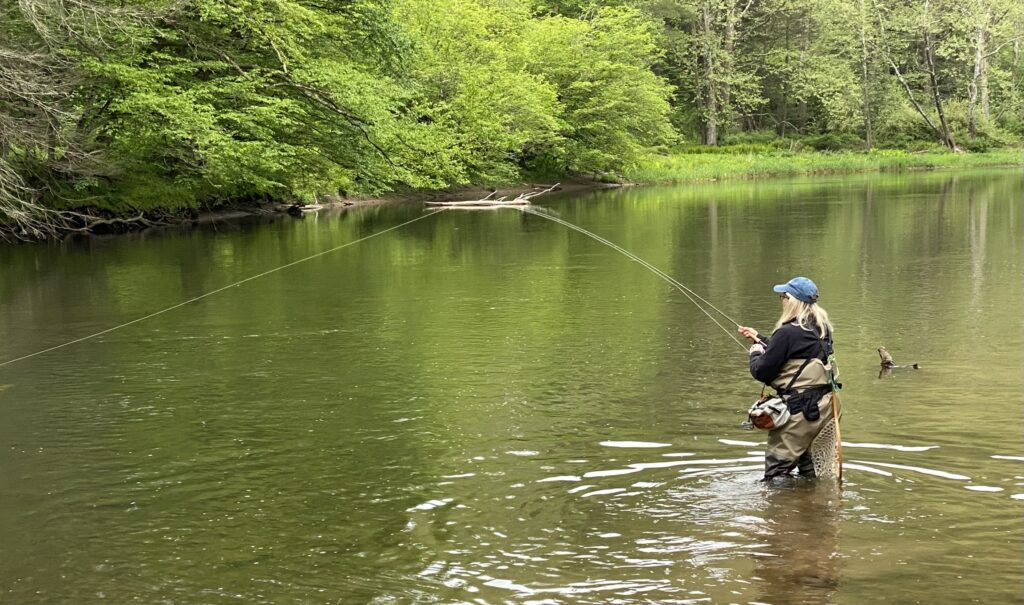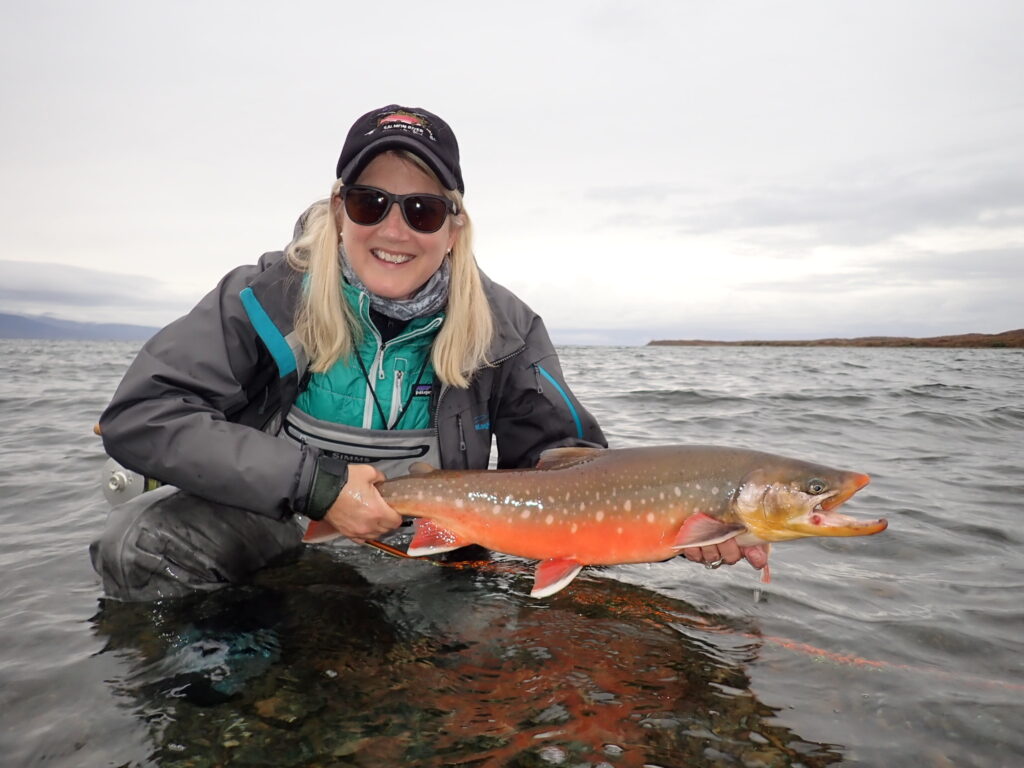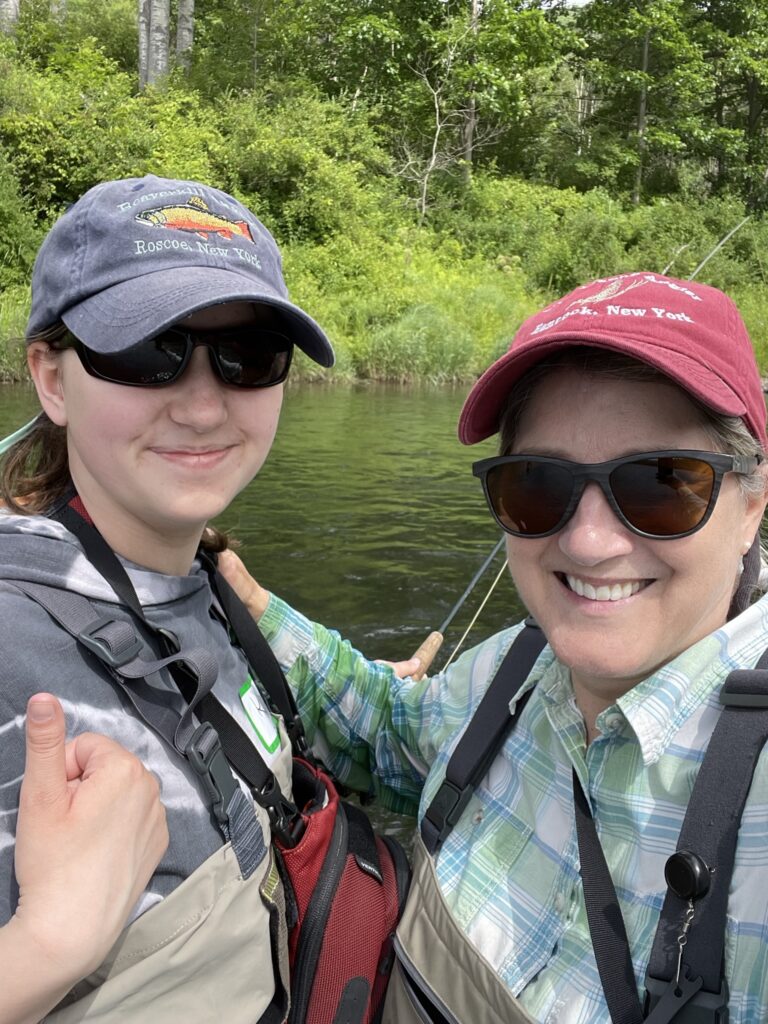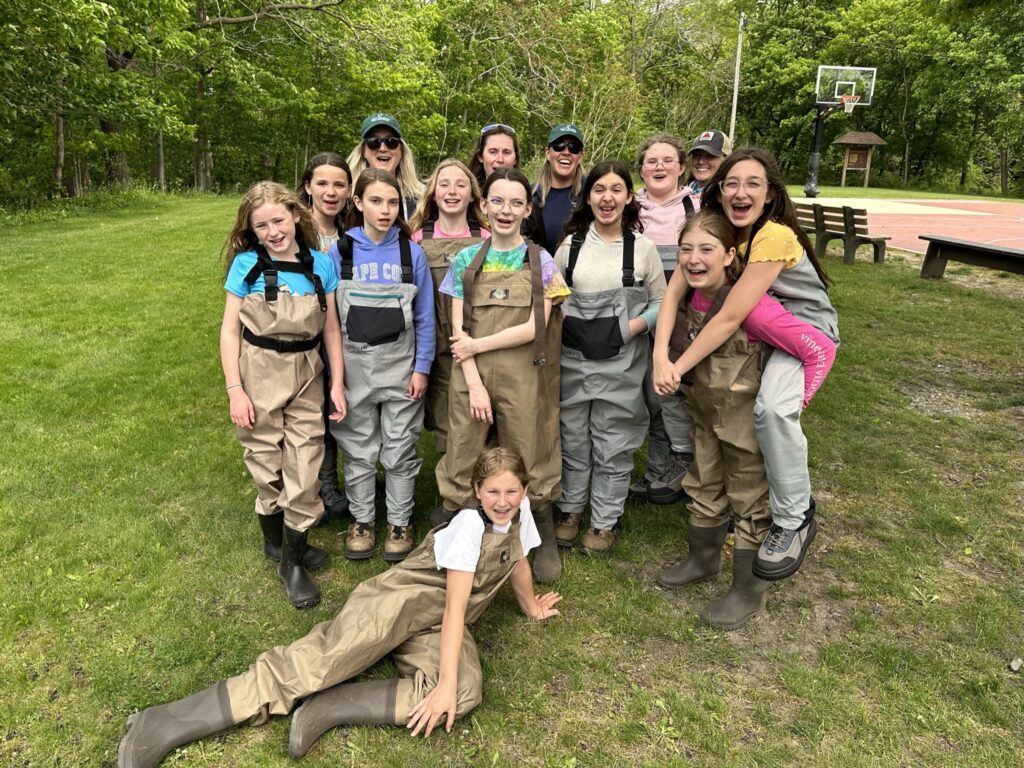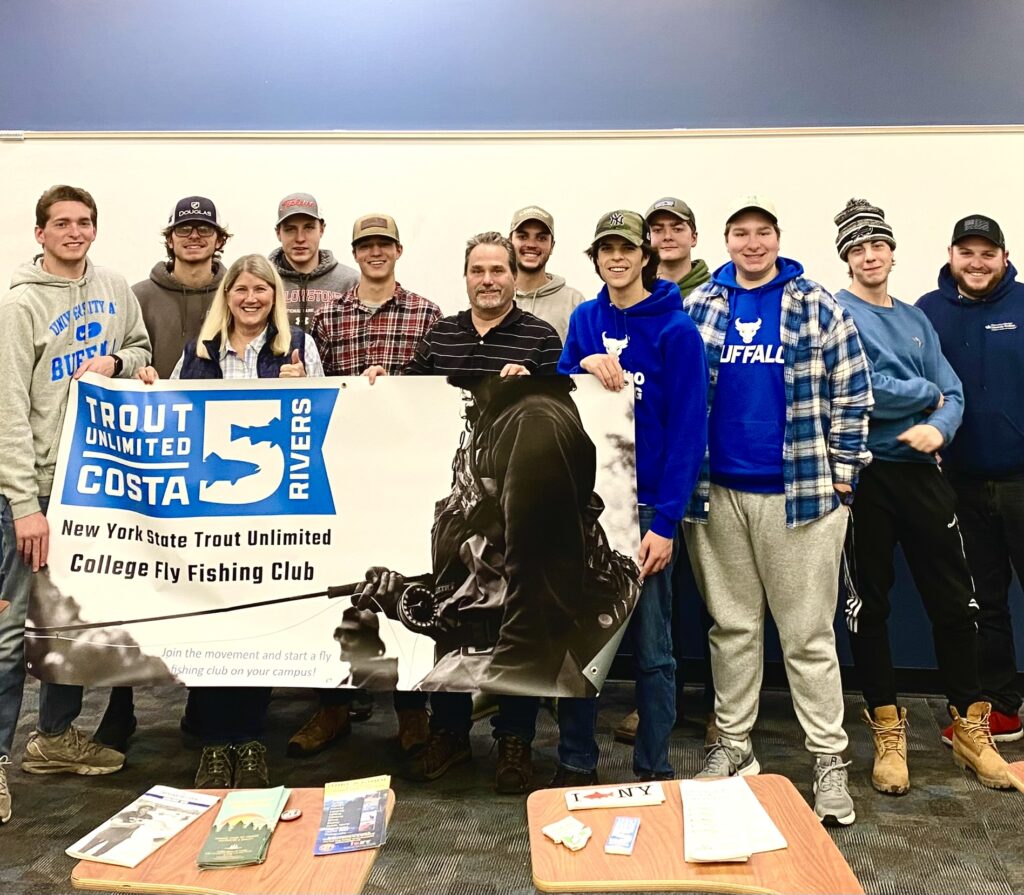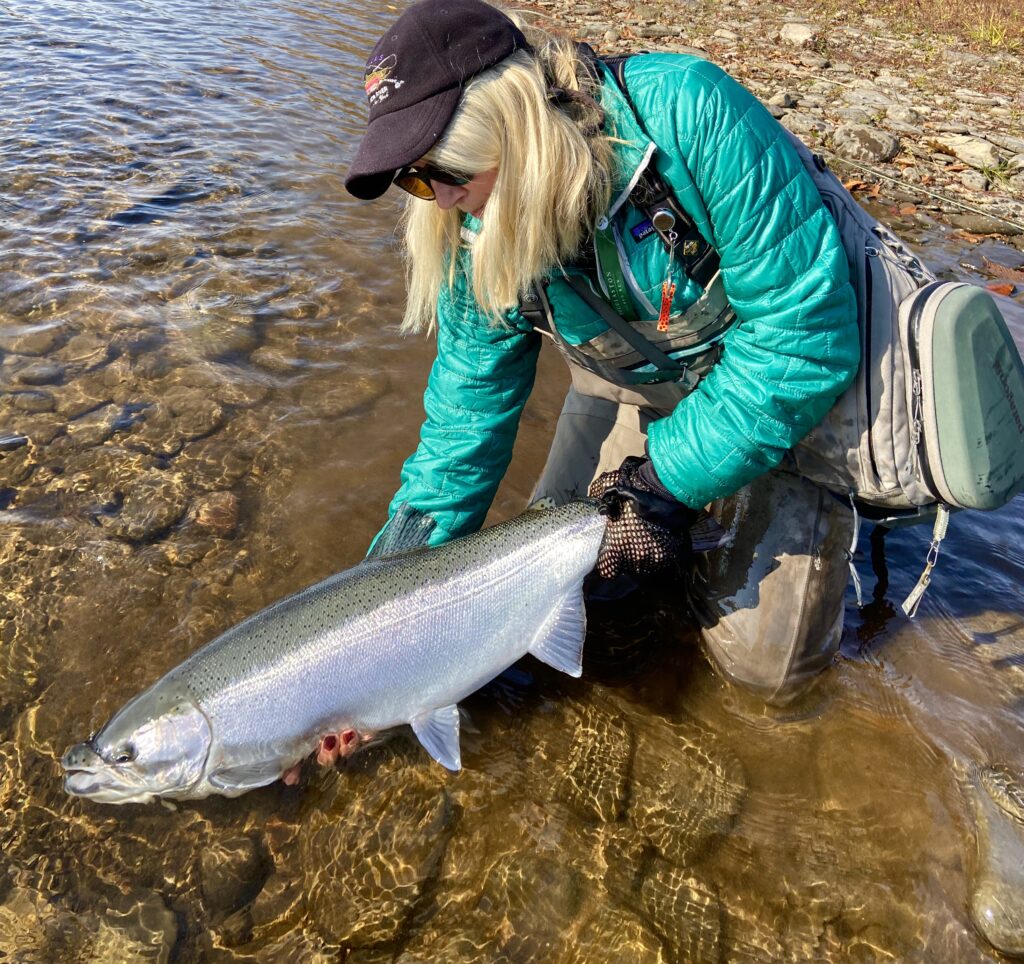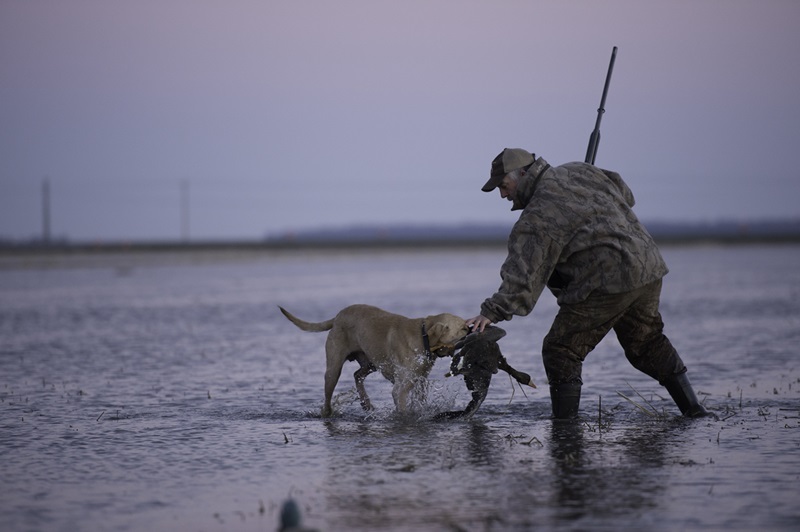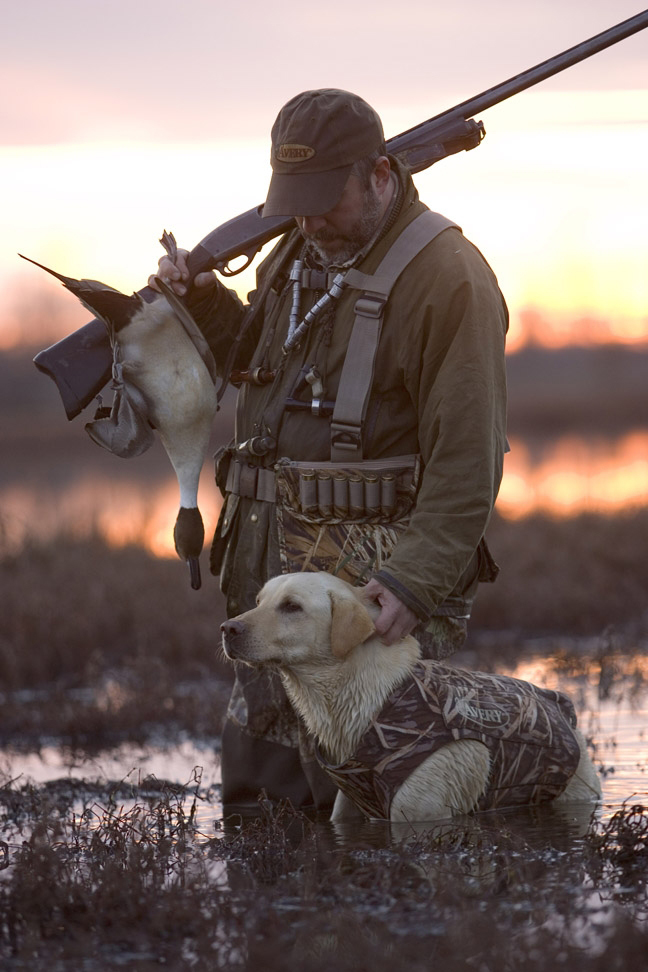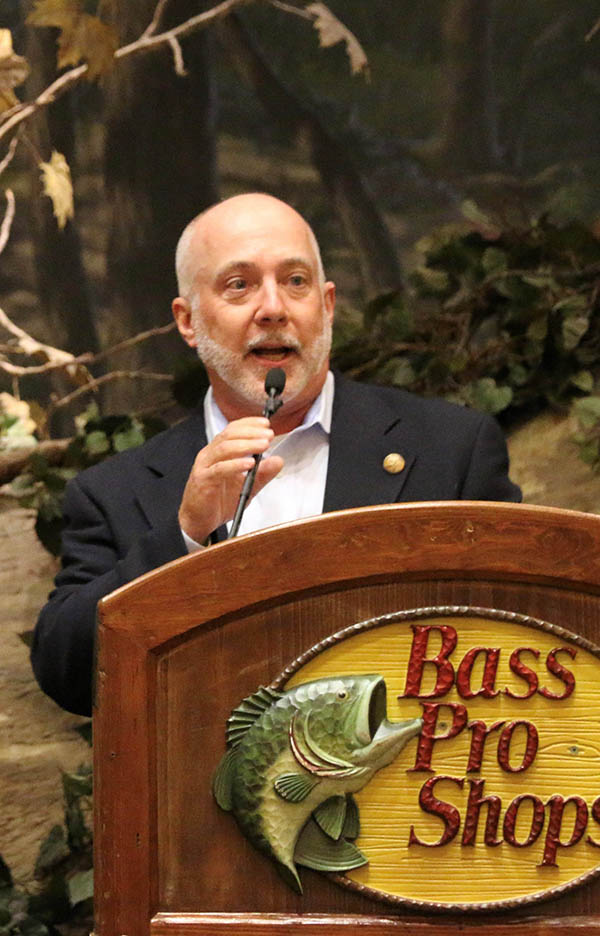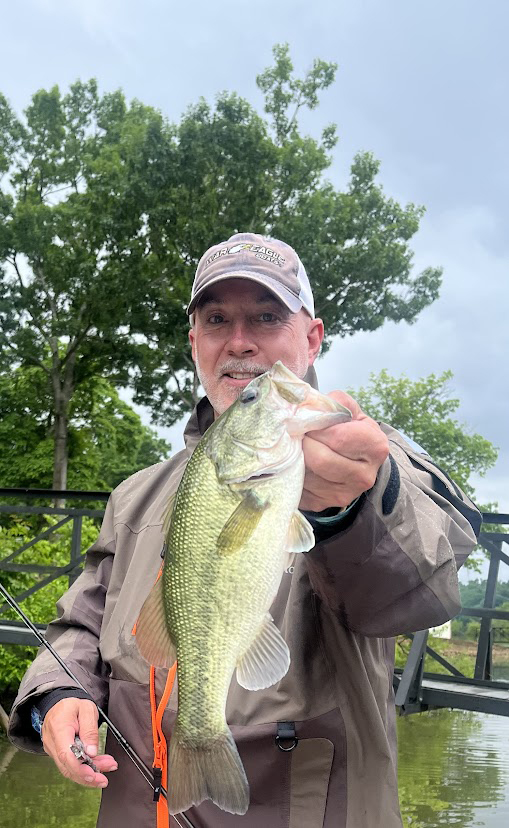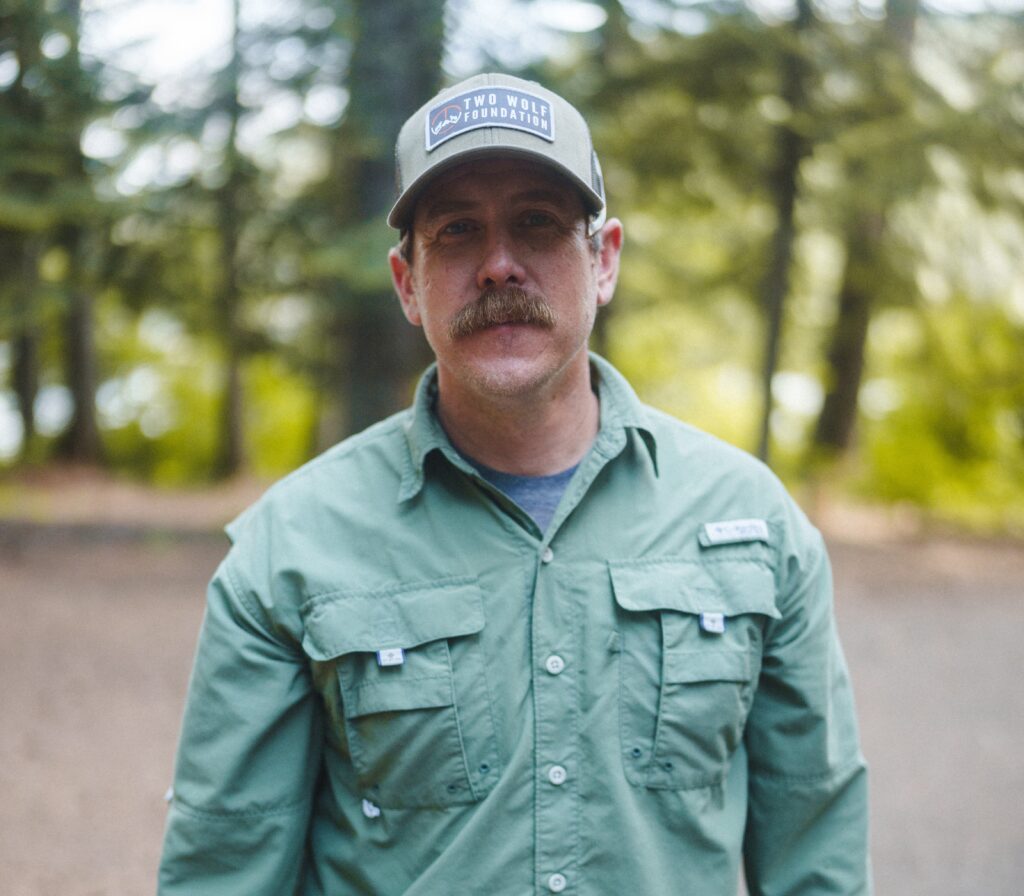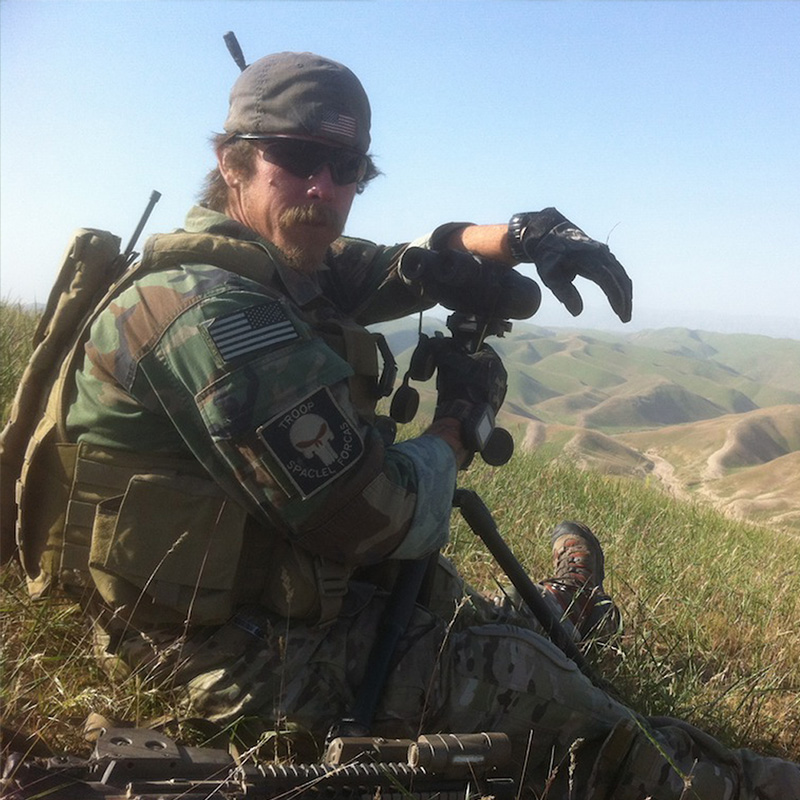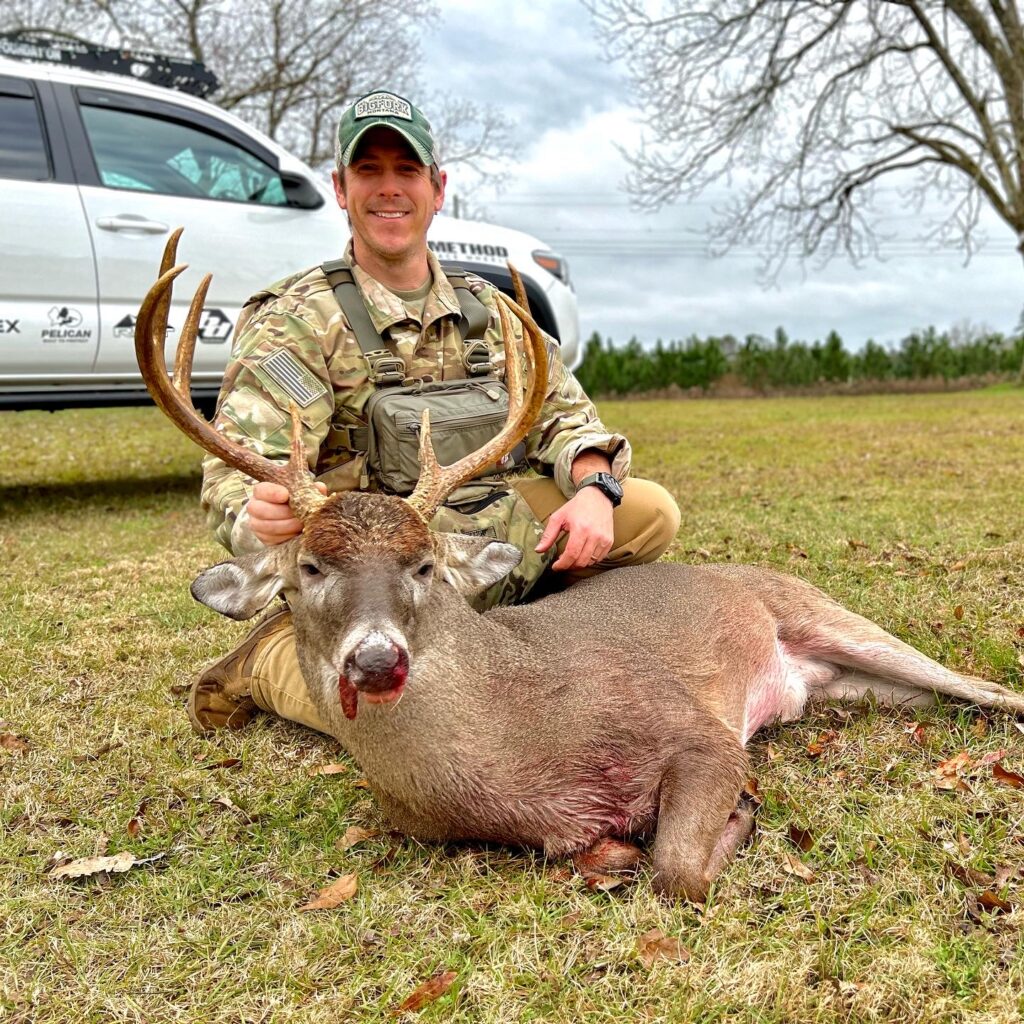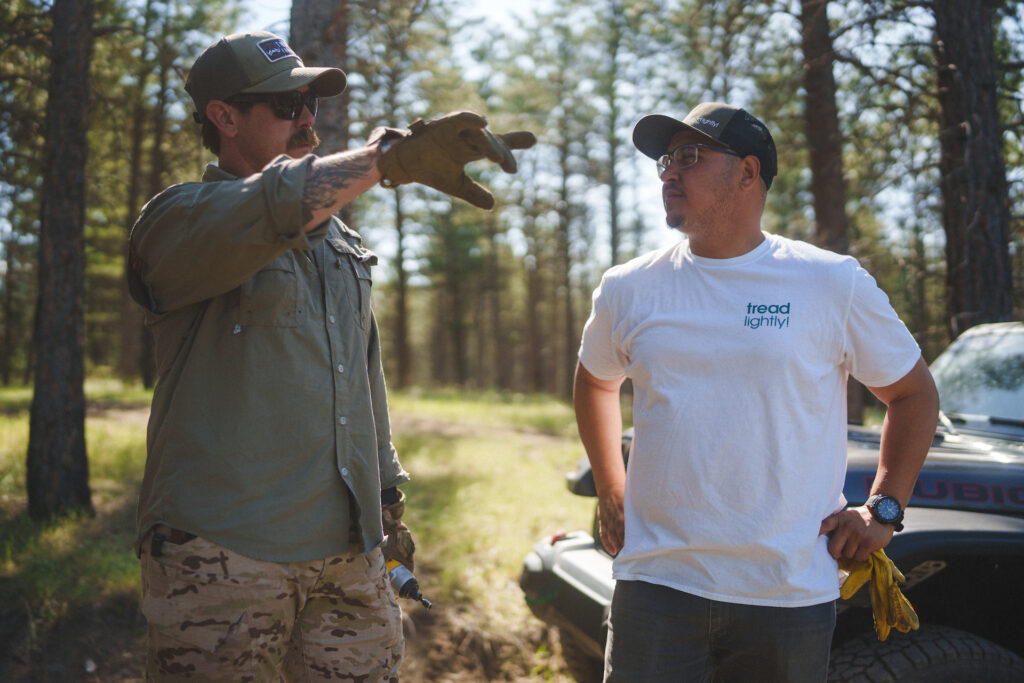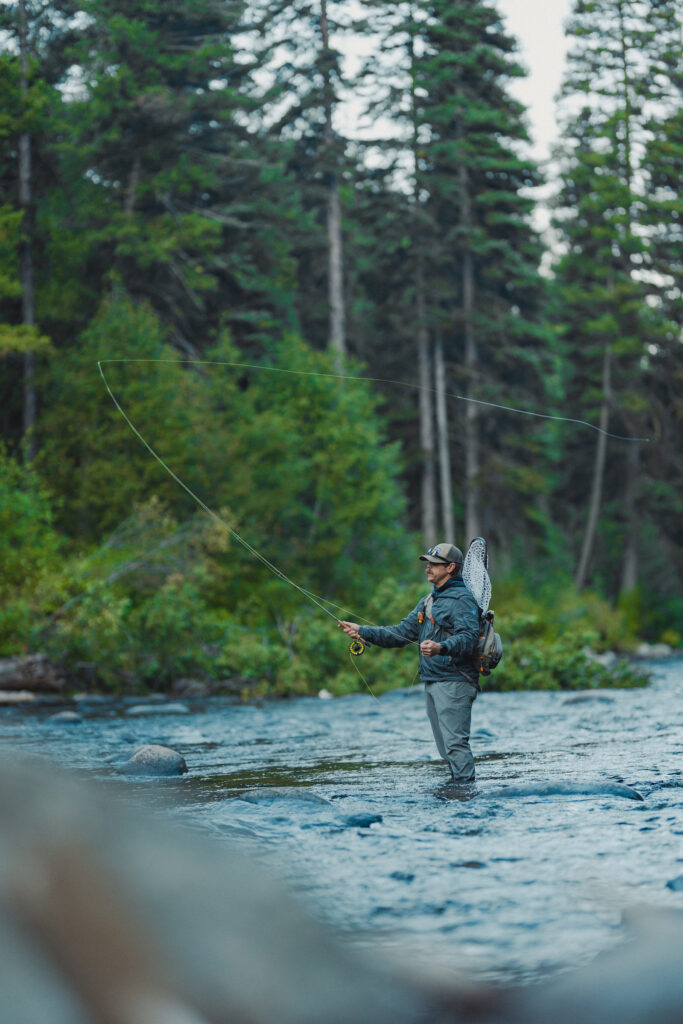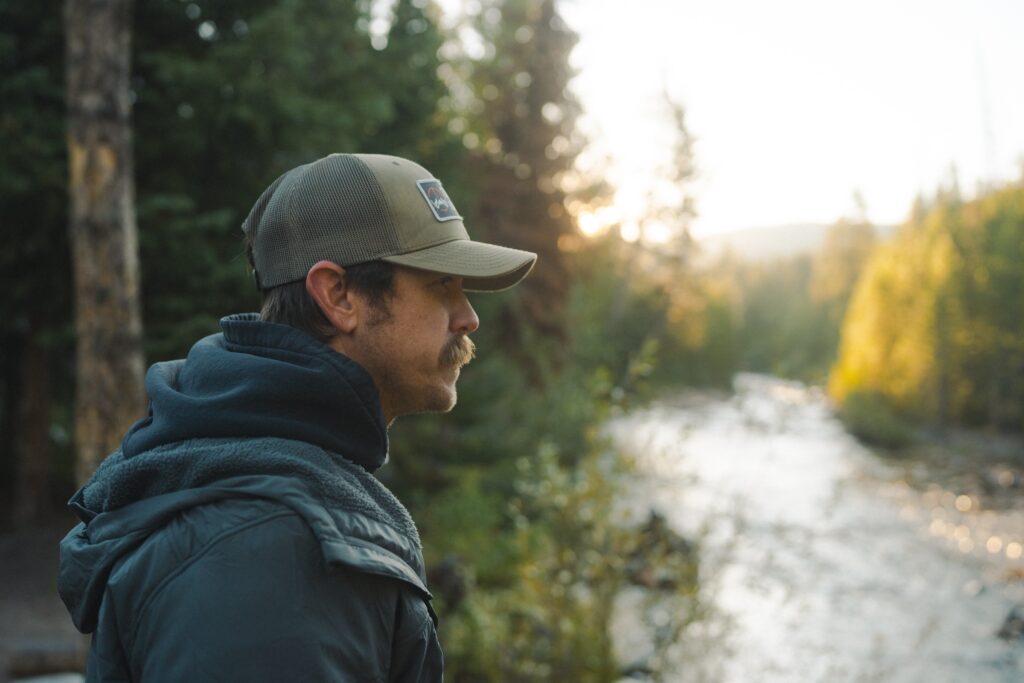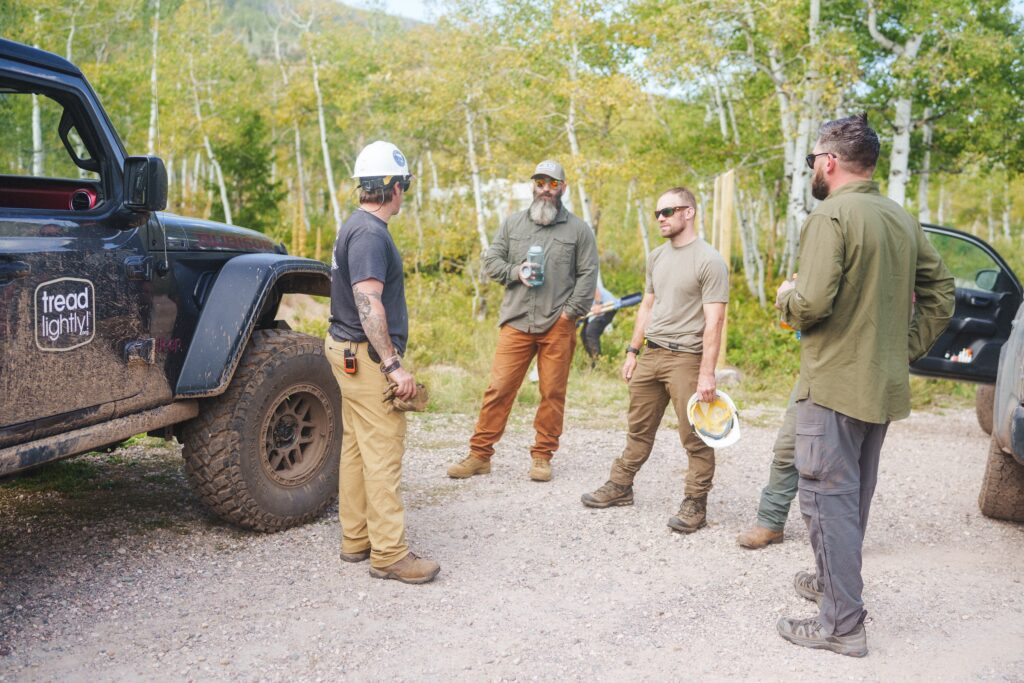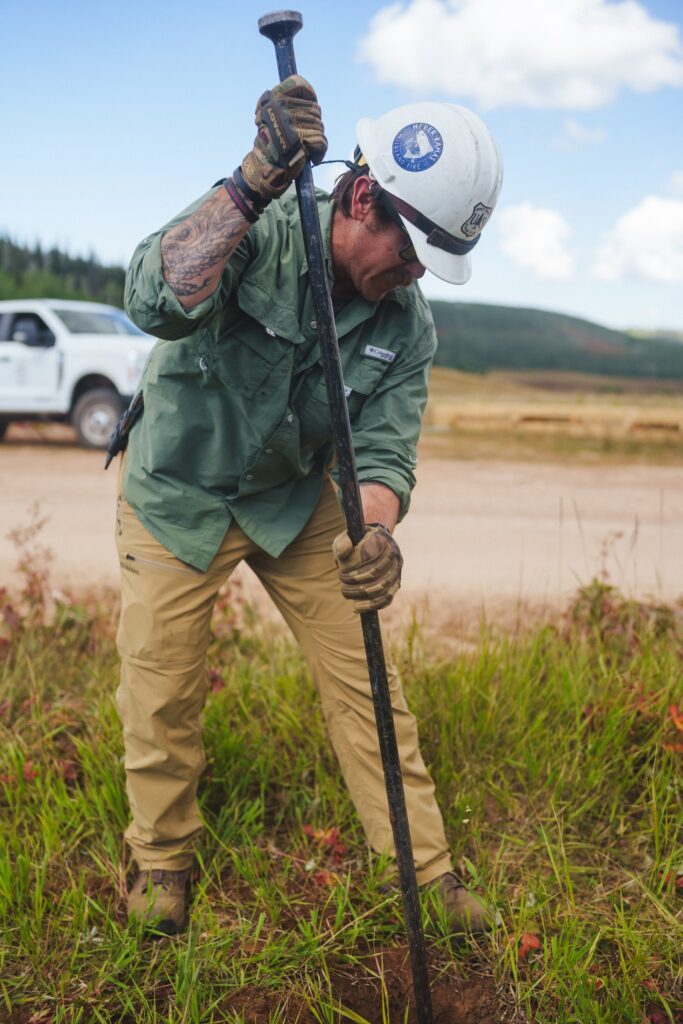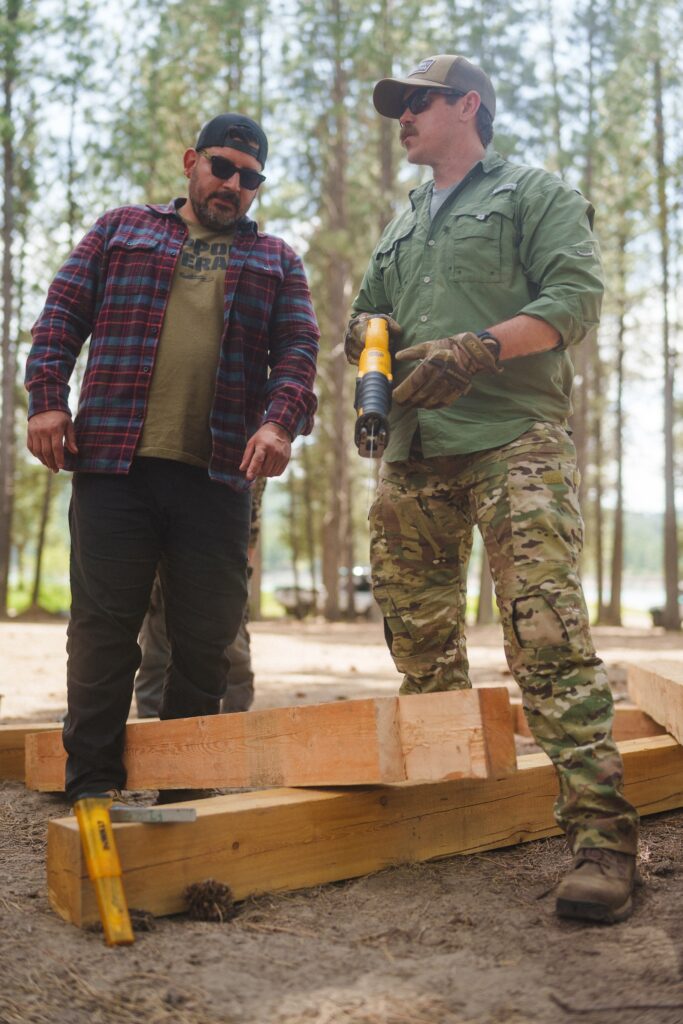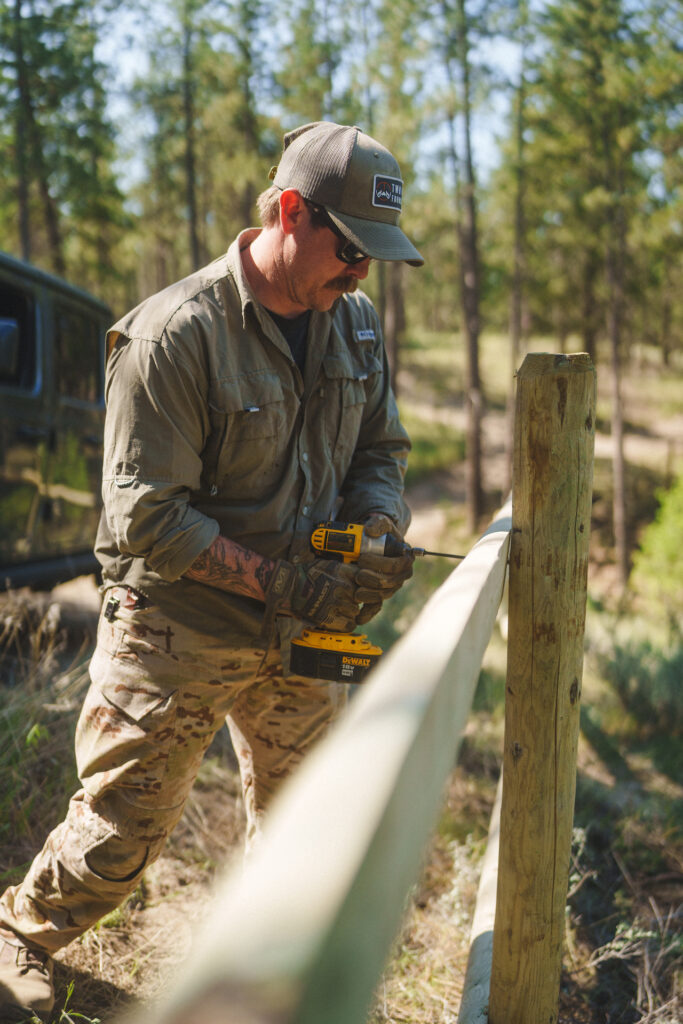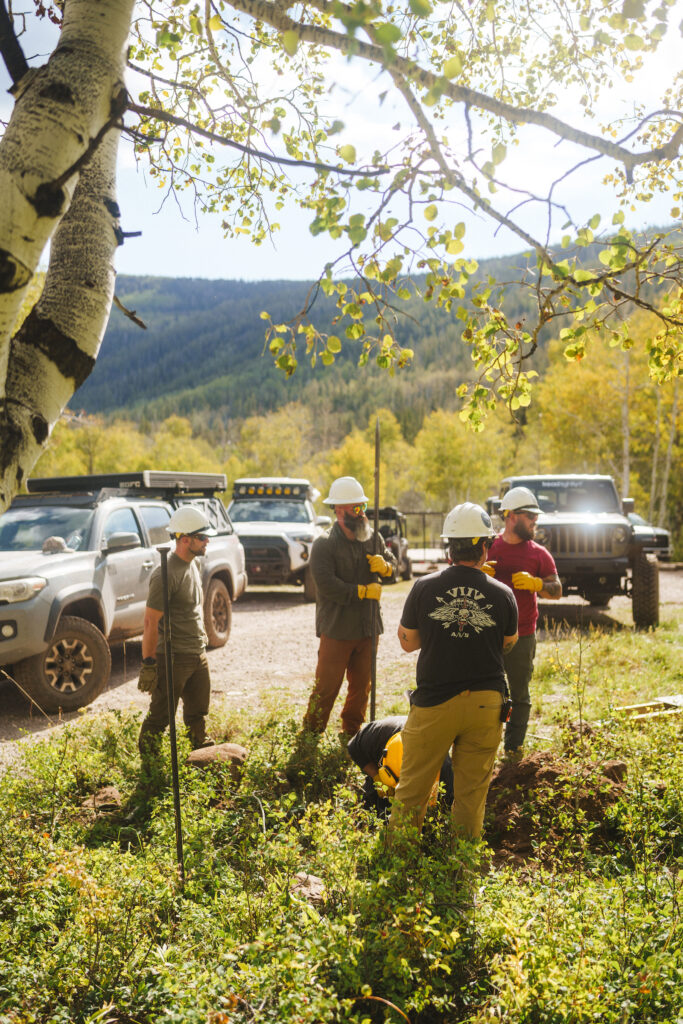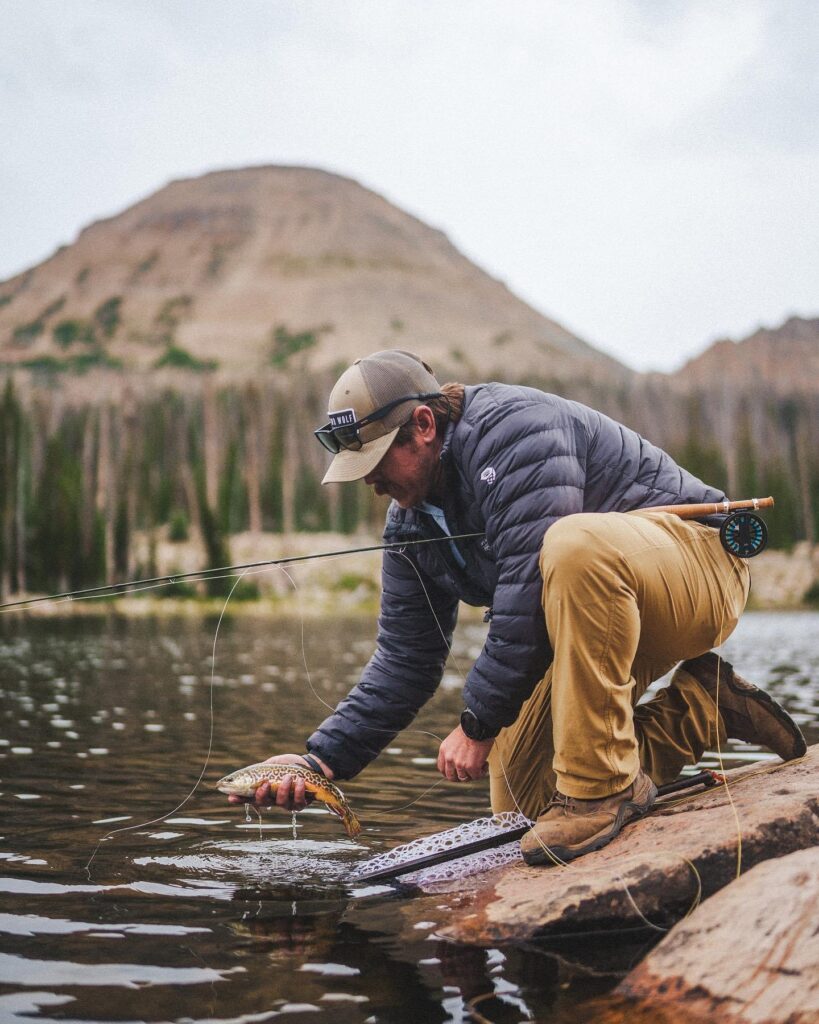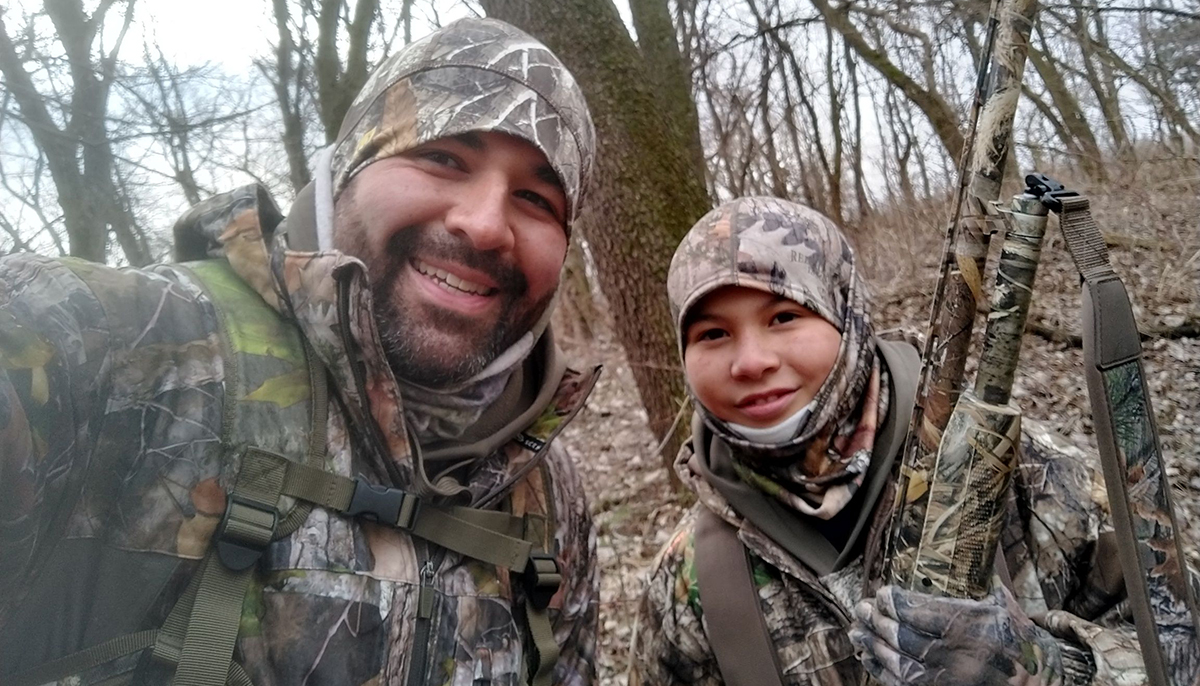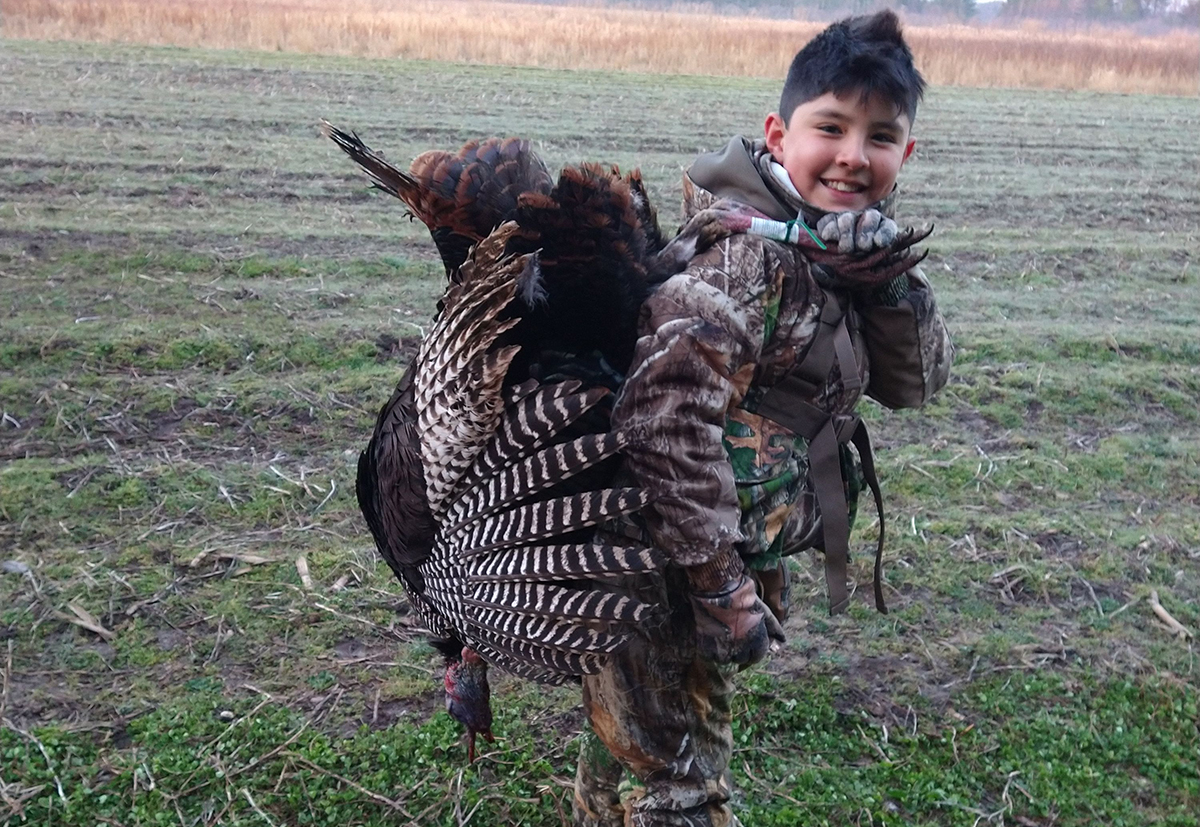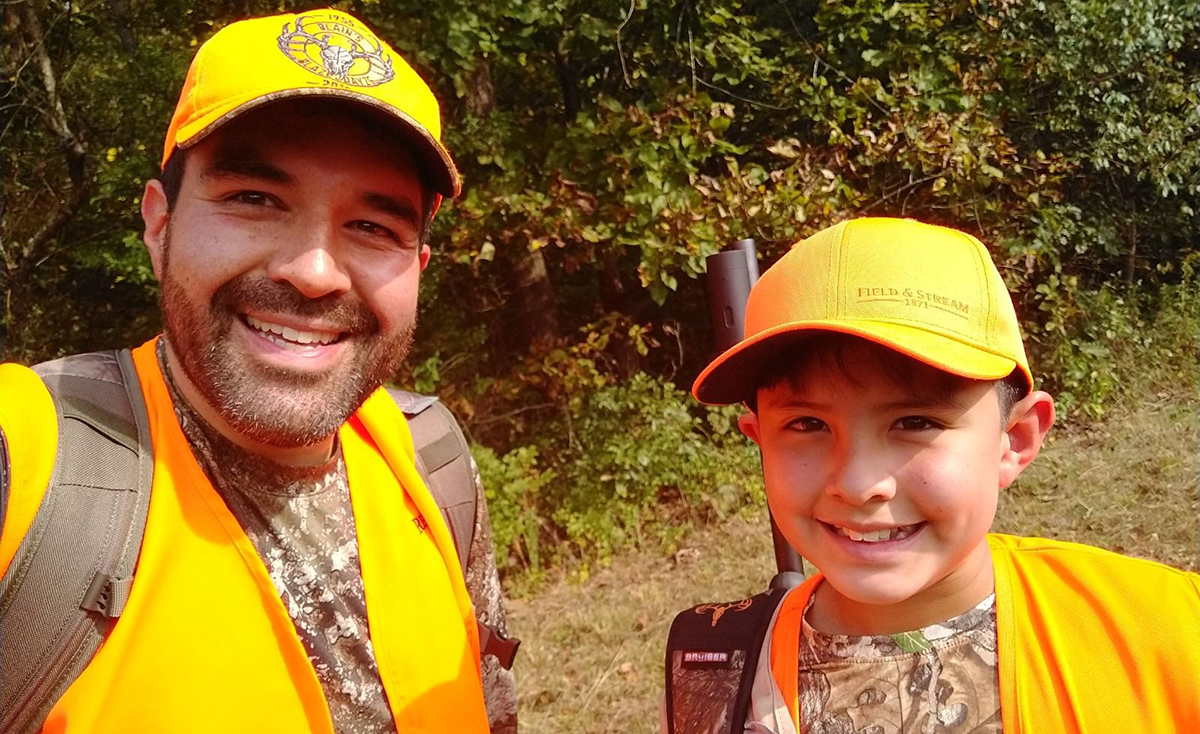TRCP’s “In the Arena” series highlights the individual voices of hunters and anglers who, as Theodore Roosevelt so famously said, strive valiantly in the worthy cause of conservation.
Ward Burton
Hometown: Halifax, Virginia
Occupation: Former NASCAR driver.
Conservation credentials: Founder of the Ward Burton Wildlife Foundation.
Ward Burton’s NASCAR driving career stretched across most of two decades. He won five Cup Series races, including the 2002 Daytona 500, 2001 Southern 500, and four Xfinity races before retiring in 2007.
As an avid sportsman and conservationist, he founded the Ward Burton Wildlife Foundation in 1996. A quarter century later, the organization oversees more than 10,000 acres in Virginia and Pennsylvania and has helped landowners in Virginia and Pennsylvania conserve over 45,000 acres of land by developing conservation models aimed at sustainable habitat management, wise forestry management, stream water mitigation practices, and other tools to focus on preserving the integrity of the land and its wildlife.
Here is his story.
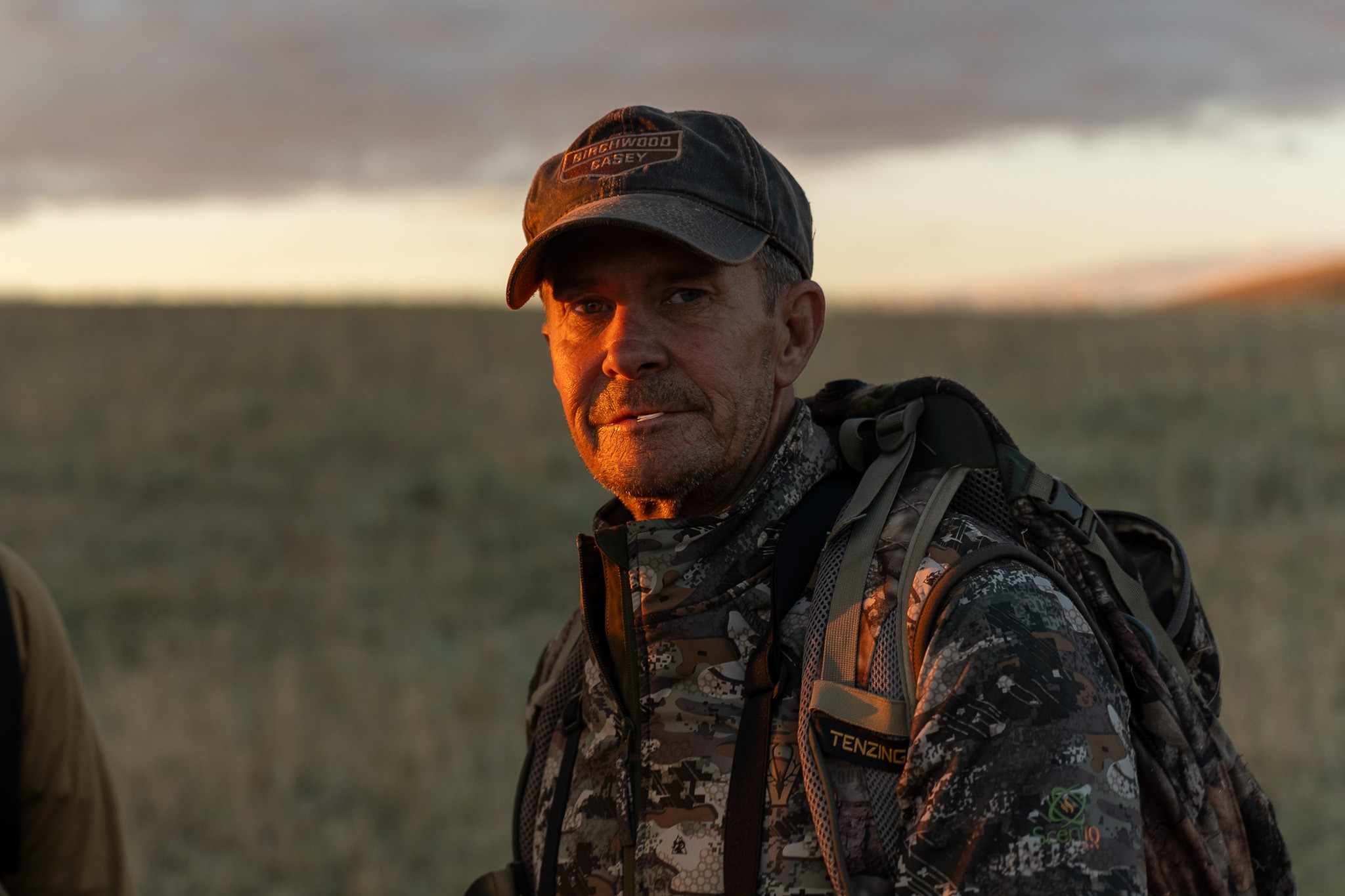
Ward Burton, a former NASCAR driver turned conservationist, has a deep-rooted connection to the outdoors that stems from his upbringing in Halifax, Virginia. Introduced to hunting, fishing, and nature by his grandfather, Burton’s childhood experiences instilled a lifelong passion for wildlife and land stewardship. Burton’s work ethic and unwavering persistence in spending time outdoors paved the way for his profound appreciation of nature’s wonders and ultimately led to the founding of the Ward Burton Wildlife Foundation in 1996.
The Ward Burton Wildlife Foundation has helped landowners in Virginia and Pennsylvania conserve over 45,000 acres of land and owns and manages over 10,000 acres.
“I’ve never felt it was a choice,” said Burton, “I believe strongly that conservation is an inherent responsibility and I hope that my, and my foundation’s, efforts to share that message have helped impart that to our future generations.”
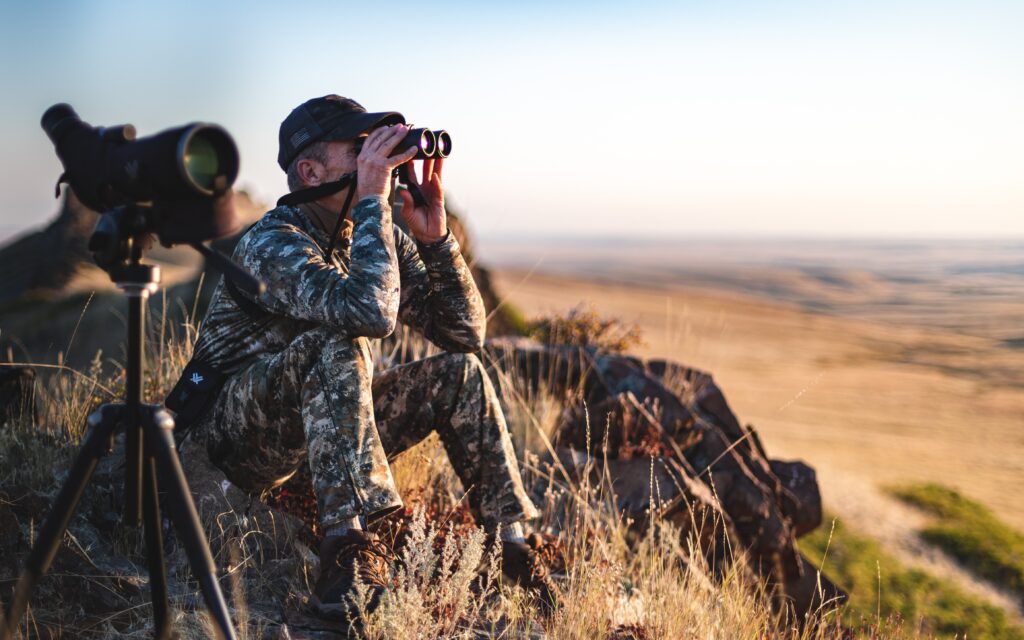
But his passion for the outdoors extends far beyond his home state.
“Being from the east coast, I am enthusiastic about learning what different habitats support different types of wildlife and hunting and fishing opportunities. I’ve spent time in a lot of cool places, British Columbia, Wyoming, Montana, the Florida Everglades, all for fishing and hunting. Hoping to get back to all of those areas soon.
Burton’s journey as a conservationist began amidst his racing career, inspired by conversations with influential figures in wildlife management. In collaboration with like-minded individuals, he founded the Ward Burton Wildlife Foundation, driven by a shared commitment to conservation.
The mission of the WBWF is to promote the sustainability of our nation’s natural resources through conservation, land management, outdoor outreach, and educational practices. Since their inception, the foundation has helped landowners in Virginia and Pennsylvania conserve over 45,000 acres of land and owns and manages over 10,000 acres.
The foundation develops and sustains their conservation models by managing habitat for endangered species, practicing wise forestry management, stream water mitigation, and prescribed burns to control non-native growth, and other tools to preserve the integrity of the land. Through partnerships with local, state, and federal organizations, and by working directly with landowners, the WBWF shares and advocates for conservation and land management best practices nationwide.
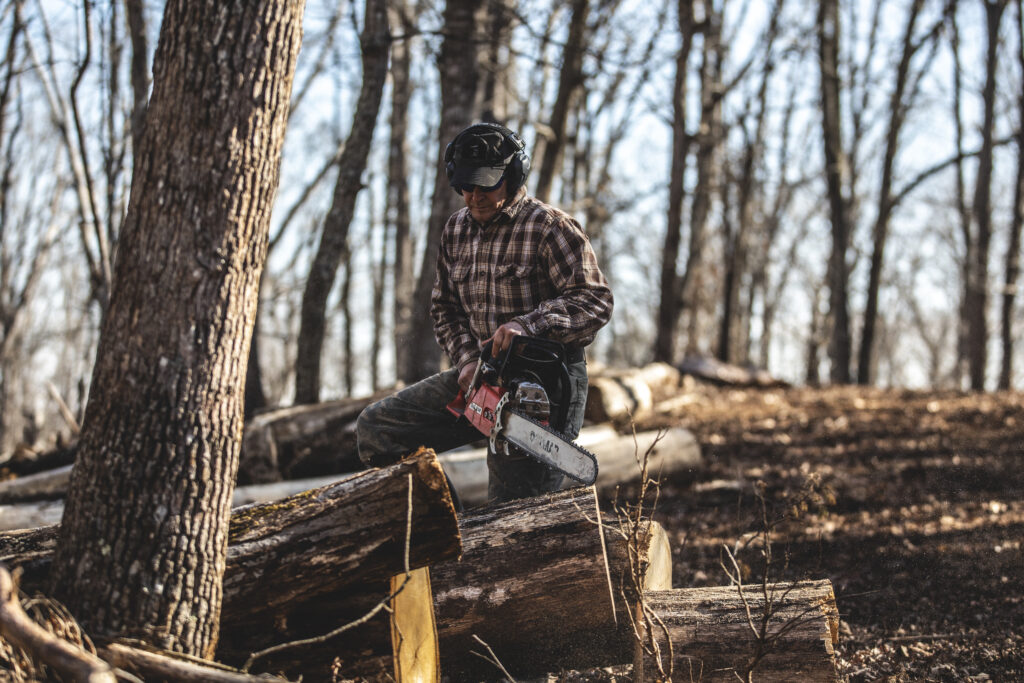
Recognizing the critical role of conservation in preserving outdoor pursuits for future generations, Burton emphasizes the importance of habitat protection and wildlife management. He advocates for finding a balance between rural preservation and sustainable development, ensuring the longevity of natural resources.
“Giving land a voice and weaving conservation best practices into my day to day has become second nature,” said Burton, “Being conservation-minded has enhanced my love and appreciation for the outdoors – it’s our responsibility to sustain our natural resources and be stewards of our land and wildlife.”
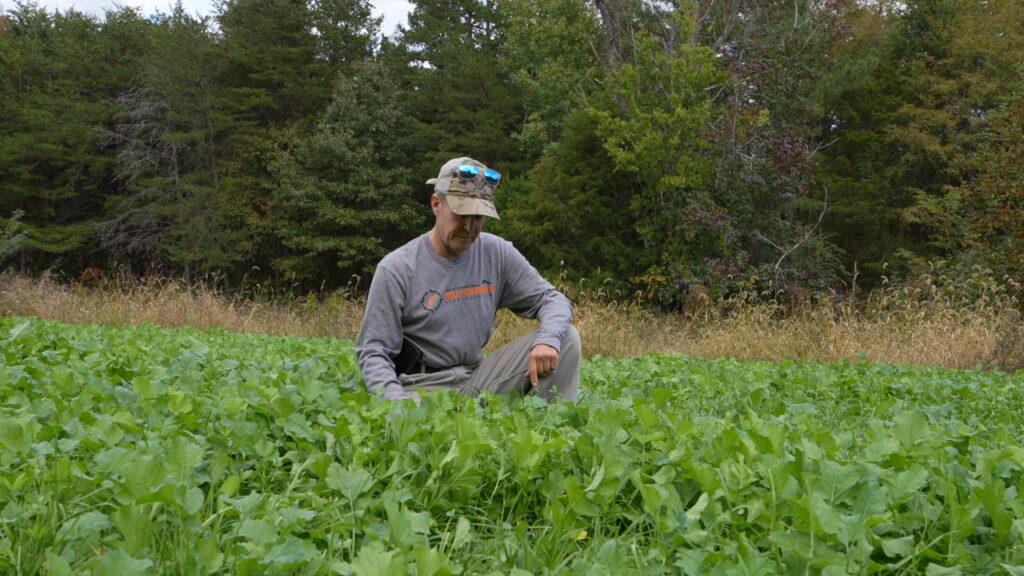
Through his foundation, Burton actively engages in habitat restoration projects, leveraging programs like the Farm Bill to support his foundation projects as well as fellow landowners in enhancing and restoring wildlife habitats. His hands-on approach, from wetland restoration to prescribed burns, exemplifies his dedication to leaving a positive impact on the land.
“Without good conservation practices, the activities we all enjoy outdoors are at risk. Without habitat protection and efforts to maintain and grow healthy wildlife populations, the hunting and fishing opportunities we hope to share with the next generation may not be there.”
Ward Burton
Burton stridently believes that hunters and anglers are the original conservationists, emphasizing the ethical responsibility of stewardship for future generations. He underscores the interconnectedness of habitat conservation, wildlife populations, and outdoor recreation, emphasizing the need for collective action in safeguarding natural resources.
Today, he finds the most joy in sharing these experiences with his children and grandchildren, passing down cherished traditions and values.
With this focus on education and outreach, Burton strives to inspire the next generation of conservationists, urging sportsmen and women to serve as role models and foster a love for the outdoors. He believes that by sharing the joys of nature and instilling a sense of responsibility, future generations will carry forward the legacy of conservation.
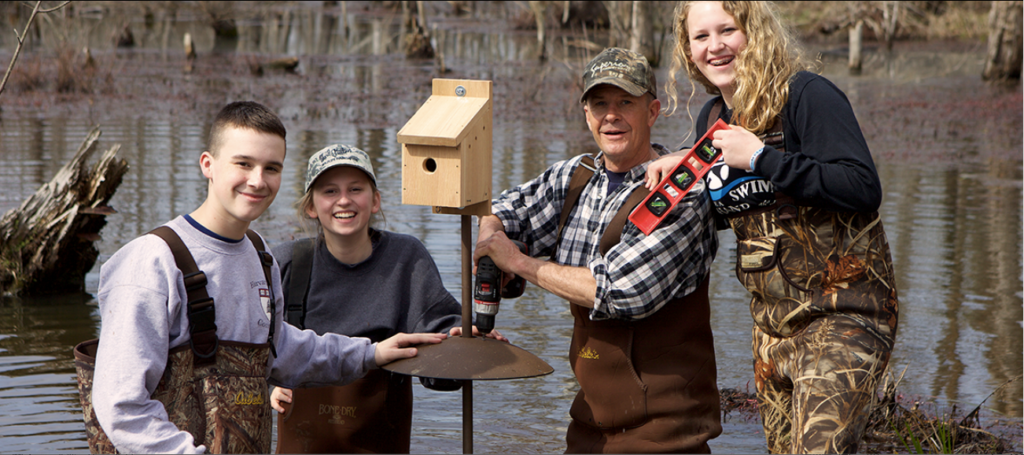
“You really need to let them experience the joys, the adventures, and the challenges. It’s through those experiences that they’ll develop a passion for nature and wildlife. I had the great benefit of my grandfather as a very, very strong role model in my life. My mom and dad gave me a lot of freedom as a child. Maybe too much! Once they got used to me not coming in right after dark, they knew I was okay and that I was out in the forest or in the woods. It’s from this that I developed my passion for conservation.”
Looking ahead, Burton remains committed to expanding his conservation efforts, advocating for policy changes, and fostering partnerships to protect natural habitats. His unwavering dedication to conservation serves as a beacon of hope for the future of wildlife and outdoor enthusiasts alike.
Do you know someone “In the Arena” who should be featured here? Email us at info@trcp.org
The TRCP is your no-B.S. resource for all things conservation. In our weekly Roosevelt Report, you’ll receive the latest news on emerging habitat threats, legislation and proposals on the move, public land access solutions we’re spearheading, and opportunities for hunters and anglers to take action. Sign up now.

